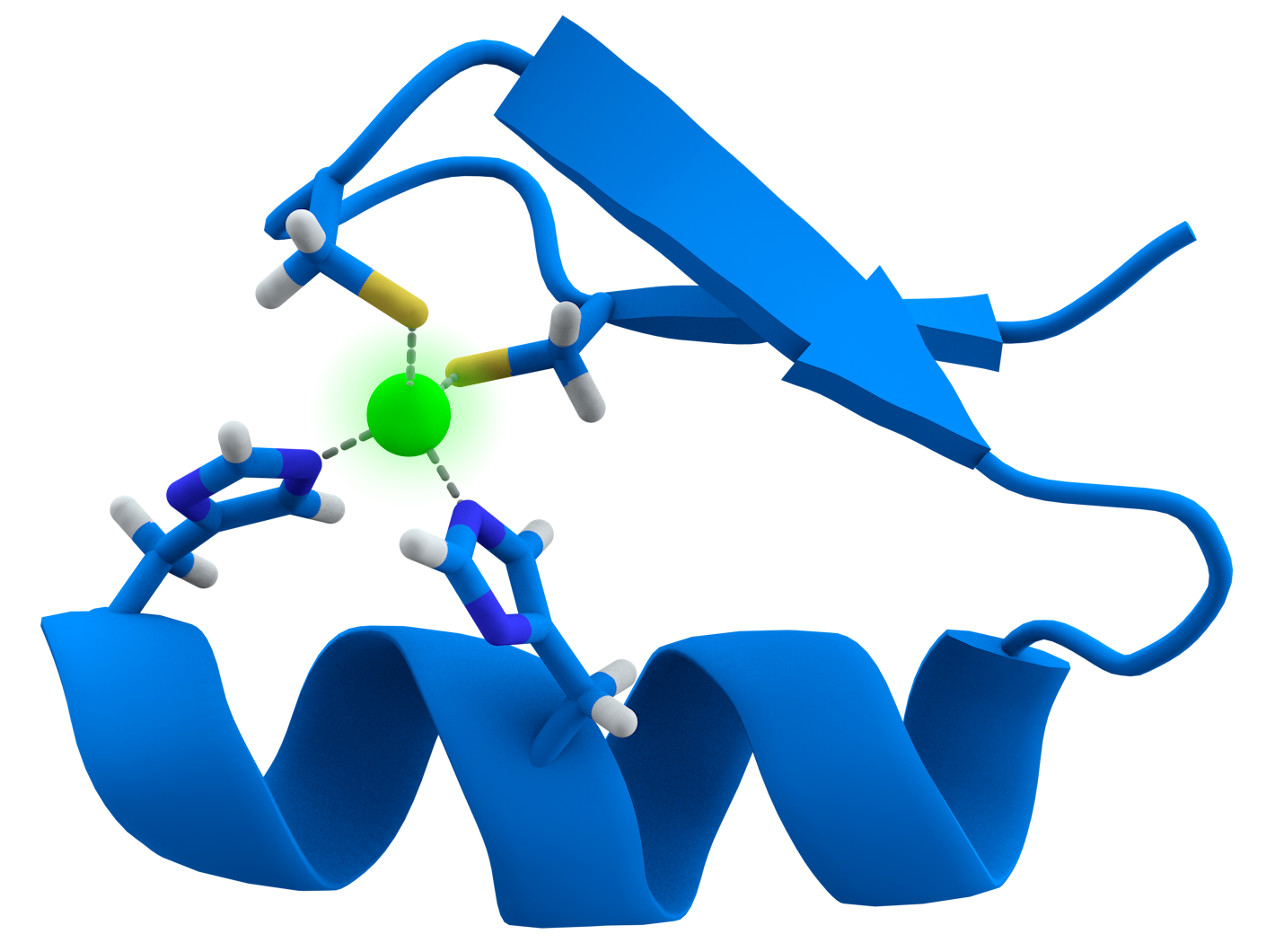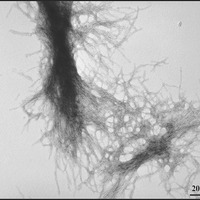mouse-model
-

Exciting new Huntingtin lowering tool described
Exciting new Huntingtin Lowering work from @SangamoTx and @CHDIfoundation using "Zinc Fingers" to shut down expression of the mutant Huntingtin gene. More details on this exciting new technique here.
-

A step forward for gene editing: CRISPR-Cas9 and HD
Evolving CRISPR-Cas9 techniques can now be used to edit the HD gene in a living mouse brain.
By Dr Leora Fox -

Enemy at the gates – huntingtin disrupts nuclear transport
Two recent studies show how a cellular border control system goes wrong in HD, opening new avenues for HD research.
By Tom Peskett -

The benefits of migration, highlighted in Huntington's disease
Is HD a developmental disease? HD stops neurons migrating in developing brain, but maybe we can get them going again
-

Early exposure to the HD protein may cause life-long symptoms
A surprising new mouse study suggests the mutant HD gene may do some of its damage during embryonic development
-

Huntingtin takes a trip: harmful proteins pass between brain cells
Harmful misfolded huntingtin can travel between brain cells via messenger particles called exosomes
By Dr Leora Fox -

A recycled drug gives us new insight in to HD
An existing drug could give a boost to HD brain cells – but it may need more testing before it’s back in the clinic
By Dr Leora Fox -

A multiple sclerosis drug that works for Huntington's disease: the real deal or too good to be true?
Fingolimod, a drug used in multiple sclerosis, prevents memory problems in HD mice. Would it work in patients?
-

New tool to measure outcomes in Huntington’s Disease clinical trials
A better tool for HD trials! New research shows innovative way to measure mutant Huntingtin outside the brain
By Megan Krench
